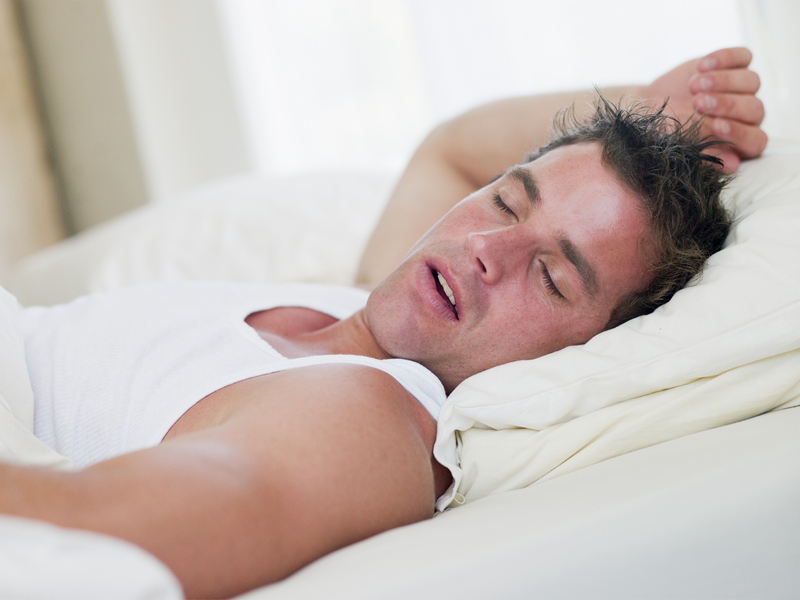Written by Shawn Radcliffe
Sleep Problems May Increase Your Risk of Prostate Cancer
[dropcap]If you’ve been burning the midnight oil since college, it might be time to give those late night work sessions (or parties) a rest. Not only will you be less likely to nod off during your boss’ post-lunch presentation, your prostate gland may thank you by staying healthy longer.[/dropcap]
In a new study, published in Cancer Epidemiology, Biomarkers & Prevention, researchers from Iceland found that men who reported having sleep problems were up to two times more likely to be diagnosed with prostate cancer.
Over 2,000 men ages 67 to 96 answered questions at the start of the study about their sleep habits—including the use of sleep medication, difficulty falling asleep, or waking up in the middle of the night or early in the morning and not being able to get back to sleep.
Based upon the answers of the men, the researchers determined that 8.7 percent had “severe” sleep problems, while 5.7 percent suffered from “very severe” difficulties. Compared to a group of men who had no trouble sleeping, men in the “severe” group were 1.7 time more likely to be diagnosed with prostate cancer. This jumped to 2.1 times for the “very severe” group.
While a lack of sleep may increase the risk of prostate cancer, the cancer itself can also cause sleep problems. In particular, men with prostate cancer sometimes get up several times in the middle of the night to urinate, which can make sleeping difficult. Even when the researchers eliminated men with this type of problem from their data, the results were the same.
If you have difficulty sleeping, it’s too early to start worrying about prostate cancer in the middle of the night. Larger and longer studies are needed to clarify the link between sleep and prostate cancer. However, the study adds to previous research that shows how important getting enough sleep is for staying healthy.
“Sleep problems are very common in modern society and can have adverse health consequences,” said the study’s lead author Lara G. Sigurdardóttir, M.D. “Women with sleep disruption have consistently been reported to be at an increased risk for breast cancer, but less is known about the potential role of sleep problems in prostate cancer.”
According to the Centers for Disease Control and Prevention, lack of sleep may also play a part in a number of other diseases, such as cardiovascular disease, diabetes, obesity and depression. With more than a quarter of the U.S. population not getting enough sleep on some nights, staying up late or tossing and turning after going to bed is a major health problem in this country.
How much sleep will keep you healthy? There is no magic number, but most adults need 7 to 9 hours of sleep a night. Unfortunately, in the modern world of constant activity, adequate sleep is often the first to go.
It’s never too early, though, to set up good habits in the bedroom. If you don’t do it for your prostate, think about the rest of your health (and your poor boss). For better sleep now, try the following tips. If you still have difficulty sleeping, talk to your doctor.
- Set up a regular sleep schedule, even on weekends.
- Keep your bedroom dark, comfortable and quiet. This includes turning off electronics in the room—light from the screens can disrupt your body’s natural clock.
- Upgrade your mattress and pillow to encourage better sleep.
- Use your bedroom only for sex and sleep. Leave the TV and computer outside the room.
- Exercise regularly, which can help you sleep more soundly.
- Skip the caffeine and alcohol near bedtime, both of which can keep you tossing and turning through the night.



